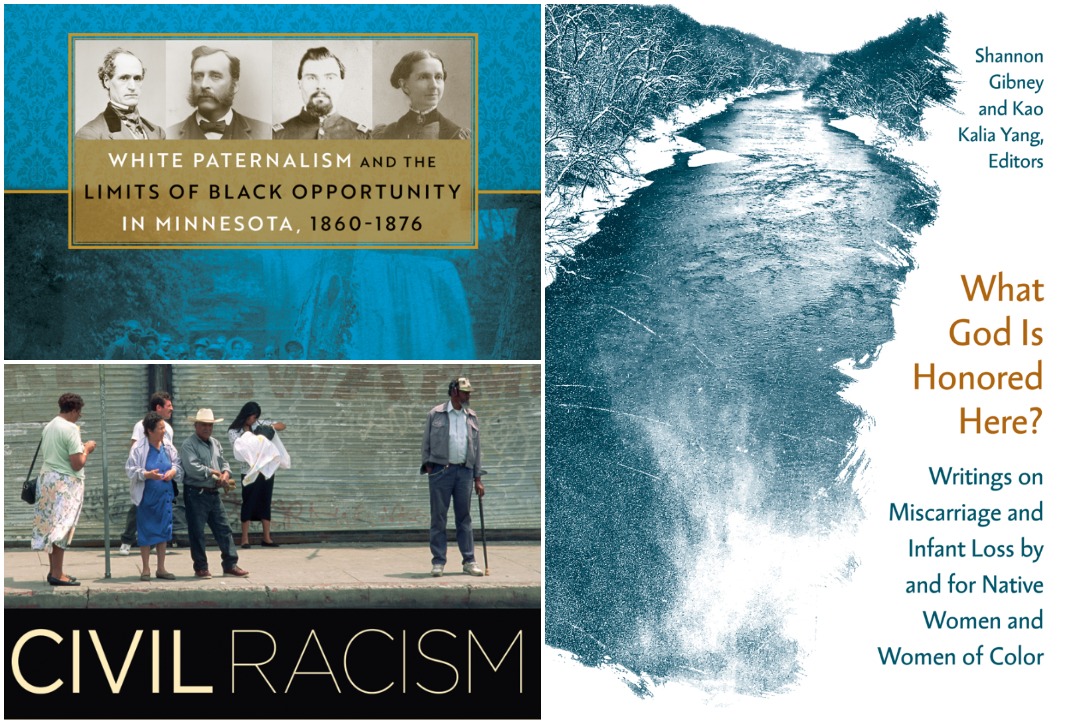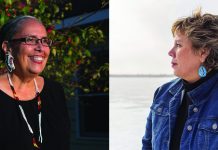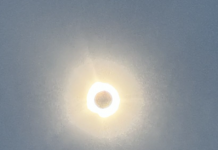
Courtesy University of Minnesota Press
Across social media platforms and news outlets, resources to learn about racism are yours for the taking as the battle to turn rage and sorrow into reform continues. Charging the cops involved in Floyd’s case is not the end.
If you’re in a place of privilege, you can always keep learning and listening. To help, the University of Minnesota Press has created a 22-book Reading for Racial Justice collection, free to read online through August 31.
“Change can occur only through acknowledging and understanding the racist past and present of this state and its context within violent U.S. racial and imperial projects,” the University of Minnesota press writes in its statement. “The University Minnesota Press stands with protesters and with everyone calling for justice for George Floyd. We encourage you to contribute to networks of care and protester bail funds in your communities.”

Courtesy University of Minnesota Press
Your Summer Reading List
The University of Minnesota Press has curated a collection that looks into how racism has perpetuated within such structures as education, healthcare, incarceration, and food systems, across the country and specifically in Minnesota. Its titles range from the scholarly to the personal. While we rounded up a few of them, make sure to look at the full list.
Civil Racism
Focusing on the 1992 Los Angeles rebellion that followed the police assault of Rodney King, Lynn Mie Itagaki’s book looks at various reactions. In the wake of it all, Itagaki sees how the rebellion interrupted “the rhetoric of civil racism,” a rhetoric that prioritizes civility over racial equality. Itagaki examines civil racism through multiple facets, including family models, media, and schools. Learn more.
The Children of Lincoln
The subtitle says it all: “White Paternalism and the Limits of Black Opportunity in Minnesota, 1860-1876.” In this book, author William D. Green uncovers the stories of four people who affected the transition period between the Emancipation Proclamation and the redefining of everyday life in Minnesota. They include the state’s first Republican senator, a business leader who helped found the first Black Baptist church, the founder of the Minnesota Woman Suffragist Association, and an immigrant farmer and Civil War veteran. Learn more.
The Denial of Anti-Blackness
Author João H. Costa Vargas focuses his ethnography on such places as a juvenile prison in Texas, a grassroots organizations in Los Angeles, and black social movements in Brazil. Vargas asks: If we live in societies that deny the existence of racism, what is made possible that shouldn’t be? Learn more.
Educated in Whiteness
With No Child Left Behind, Race to the Top, and other curriculums and tests meant to standardize, schools have been filled with, as the subtitle to this book says, “good intentions” to diversify schools and create equity. So why are people saying they’re not working? Written in 2014 (before No Child Left Behind ended), Angelina E. Castagno paints an ethnography of two teachers who teach in the same city district but to two demographically different populations. Learn more.
Suspect Communities
Author Nicole Nguyen examines the U.S. government’s “countering violent extremism” (CVE) program, which was intended in 2011 to work with communities to surveil for youth at risk of becoming terrorists. As the University of Minnesota Press writes, “[Nguyen] forcefully contends that the U.S. security state has designed CVE to legitimize and shore up support for the very institutions that historically have criminalized, demonized, and dehumanized communities of color, while appearing to learn from and attentuate past practices of coercive policing, racial profiling, and political exclusion.” Learn more.
Tell Me Your Names and I Will Testify
Twin Cities local Carolyn Lee Holbrook shows you who she has been and who she has become—a pregnant teen, a 16-year-old incarcerated in the Minnesota juvenile justice system, a teacher, a writer, an arts activist, a single mother, and more. Pivotal moments capture both injustice and beauty, and she brings forward the stories and lessons of her own life and others in 16 essays. Learn more.
What God Is Honored Here?
Curated by Shannon Gibney and Kao Kalia Yang, this anthology carries the voices of Indigenous women and women of color who have experienced miscarriages and infant loss, and its poems and stories also envelop the realities of interracial marriages, generational loss, healthcare disparages, and more. Learn more.







